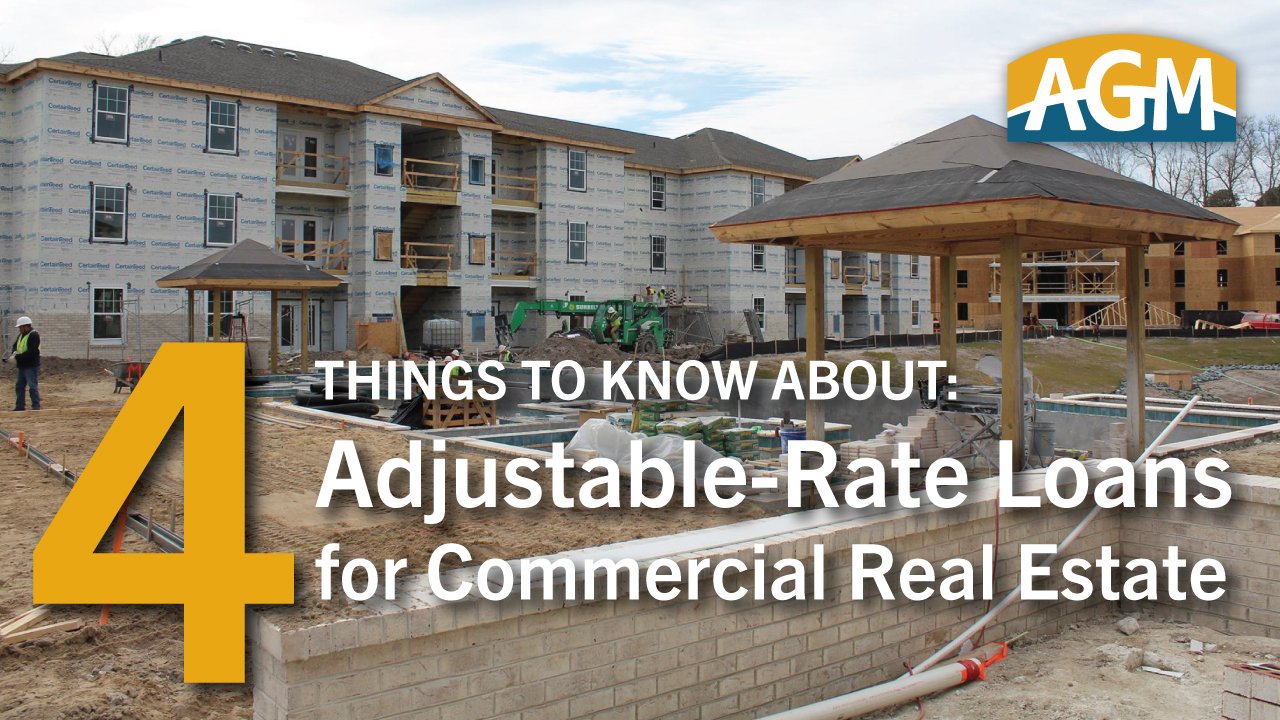At the NMHC Fall Meeting, the Possibility of a Recession was Top of Mind
/At the recent National Multifamily Housing Council (NMHC) Fall meeting in Washington, DC, the question on everyone’s mind was very simple: Are we headed into a recession?
Mark Zandi of Moody’s Analytics made the argument that we are not there yet. Citing strong job growth, record low layoffs, and massive numbers of unfilled jobs, Zandi thought it likely that recent GDP figures will almost certainly be revised upward. “It’s hard to think we are in a recession,” Zandi explained.
Are we headed that way?
Zandi noted the tough position in which the Federal Reserve finds itself, having to “thread the needle” between slowing the economy enough to bring down inflation and slowing it so much that unemployment rises, causing widespread economic pain. The Fed has signaled an aggressive posture on rates. Fed Chair Jerome Powell has made clear that taming inflation is the top priority in the immediate term. Other factors such as the energy process, extreme weather events, and the course of the pandemic could all have an effect on the economy, but the likelihood of a recession seems to be increasing.
Multifamily construction deals remain robust.
Despite these well-founded fears of recession, we at AGM have seen a surge in new construction deals from our developer clients. Developers are problem-solvers, and this is what they do. While not across the board, they are seeing key commodity prices – particularly lumber and oil – fall. And there are anecdotal reports of subcontractors looking six or nine months down the road and seeking work, a stark change from the recent past. While major banks are pulling back on CRE lending – some from regulatory pressures and some out of concern for the economy - financing for multifamily projects is still available, albeit at higher rates. AGM and FHA have always been counter-cyclical lenders, making financing available for both market-rate and affordable multifamily deals on favorable – and consistent – terms. FHA financing’s higher LTC and lower DSC underwriting mean more proceeds when banks are moving to tighten lending across CRE sectors, including multifamily.
When stability and experience matter, rely on AGM.
As a family-owned FHA lender and GNMA seller/servicer with over 30 years of experience, we know the process inside and out. From new construction and substantial rehab to acquisition or refinance — for both market-rate and affordable projects — AGM gets the deal done. We've closed more than $9 billion in FHA-insured multifamily loans nationwide. And we’re proud to say that more than 60% of our borrowers are repeat clients. Count on our experienced team to guide you through the FHA financing process and help you get the deal done.
Amid an uncertain economy, FHA financing remains strong. AGM will partner with you to get an attractive multifamily loan that you can count on. Please contact our helpful team today.
About AGM Financial: Founded in 1990, AGM is a leading FHA lender and GNMA seller/servicer. From new construction and substantial rehab to acquisition or refinance — for both market-rate and affordable projects — AGM gets the deal done. Family-owned with over 30 years of experience, the firm has closed over $9 billion in FHA-insured multifamily project loans nationwide. We underwrite, fund, and service all of our loans. Developers and owners can count on AGM to be accessible, transparent, consistent, and ready to lend. From new construction to substantial rehabilitation to acquisition and refinance — for both market-rate and affordable projects — we can get the deal done. To learn more about AGM, call 800.729.4266 or visit https://www.agmfinancial.com.

















